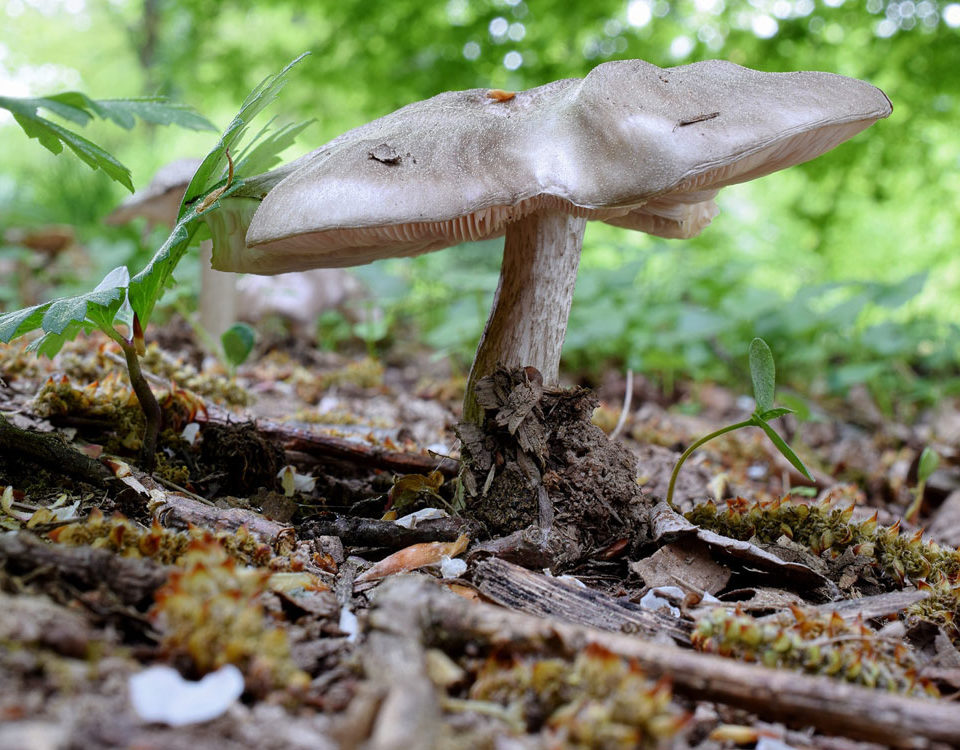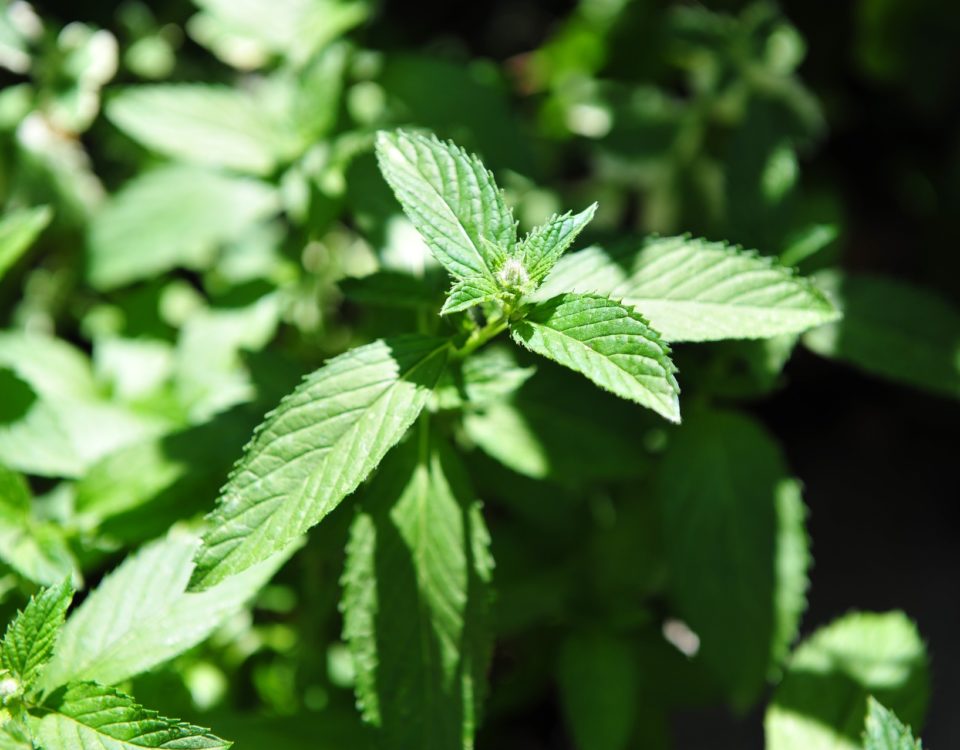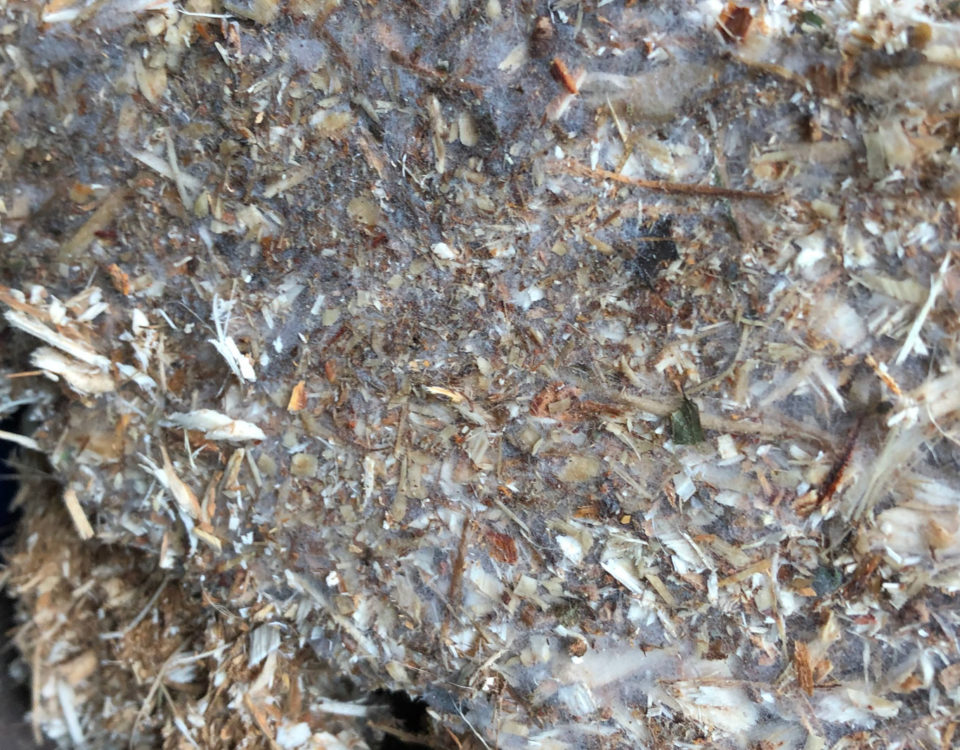What Your Soil Must Have for Growing Delicious Nutrient-Rich Foods

How Microbiology is Essential to Your Garden
April 20, 2017
The Truth About Organic Food
April 20, 2017
When you’re growing your own food, there are a lot of factors you need to take into consideration, starting with the soil you use. In order to produce the most delicious, nutrient-rich foods, there are certain things that must be present in the soil.
Without the right balance of minerals in your soil, you will basically be fighting against nature. You may still produce perfectly healthy, edible food, but it will still be lacking in the full complement of nutrients that are required to maintain good health. The goal of the Grow Your Own Nutrition program is to help you get the most out of your food.
Soil is a living entity, made up of various minerals, all of which play a critical role in enabling plants to grow and thrive. When chemical fertilizers and pesticides are used to kill off pests or feed plant life, those chemicals are absorbed into the soil. Even if you then stop using the chemicals, those trace amounts will remain, and they will be transferred back into the plants as they grow in the soil, essentially creating a harmful cycle.
For most organic farmers and enthusiastic individuals interested in growing your own food, the answer to this onslaught of pesticides has been using compost. This way, you can feed your plants without introducing any harmful substances. Sounds good, right? Except for the fact that compost does not contain all of the important minerals that the soil needs, so by loading the soil with compost you are throwing off that essential balance.
So exactly what does your soil need for growing delicious, nutrient-rich foods? The answer to that question is twofold. First off, the soil needs to be non-toxic. That means getting rid of any trace of chemicals by ensuring the presence of a healthy microbial system that can decompose chemicals entirely. With the proper microbes in place, any toxins will be pushed out, leaving behind truly rich, healthy soil that is ideal for growing.
The second thing your soil needs is minerals to help feed the microbial system and encourage the growth of nutrients. Minerals in soil can be broken down into four categories: major, secondary, trace, and anything else that falls outside those categories. These minerals all need to be present to produce healthy soil, but it isn’t enough to just have some of each.
The crucial point is ensuring that each of the minerals is present in the right amount and that a proper ratio is achieved between each of them. Tip those scales in any one direction, and you can affect the ability of your garden to produce nutrient-rich food.
The major minerals are the most important of all. These minerals are nitrogen, phosphorus, potassium and calcium. These are absolutely essential for maximizing nutritional value. Among these, the most critical is calcium.
As with the human body, plants need calcium to grow big and strong, and if they don’t get enough, they will not grow properly. Unfortunately, almost 90% of available soil lacks in calcium, but that can be corrected. There is easy access to limestone pits all over the world, and these pits are the best natural source of calcium.
Secondary minerals necessary for growing your own food include magnesium, silicon and sulfur. The trace minerals are things like copper, iron, zinc, manganese and boron. The fourth category of mineral, called the rare earth minerals, can include anything else found on the periodic table of elements, all of which can be found in rock powders and ocean products. This fourth group of minerals is generally found in much smaller amounts in soil and is therefore not regularly tested for, but fortunately, they are readily available and not in short supply.
By far, it is a lack of the major minerals that prevents the growth of nutrient-rich foods. The importance of their presence in the right ratio cannot be stressed enough. In fact, if you ensure that you have the proper ratio of minerals, you can’t help but produce foods chock full of nutrients. It’s an automatic result. If the nutrients exist in the soil, they will end up in the plants that grow from that soil. It’s as simple as that.
In terms of numbers, usually, minerals are measured in amounts per acre. For nitrogen, a healthy amount is considered somewhere less than 100 pounds per acre, while both potassium and phosphorus should be in the 200 to 250 pounds range. As stated previously, calcium is the most critical mineral and therefore needs to be present in much higher numbers, somewhere around 3000 to 3500 pounds. As you step down through the various levels of minerals, the amount you need present becomes much smaller, until you reach the trace minerals.
In order to determine the mineral levels in soil and identify any imbalances, we run the Morgan Soil Test. By applying natural sources of minerals such as limestone powder, we can then make the necessary corrections and establish the balance required for maximum nutrition.
The important thing to remember is that each soil is unique, and what might work for one may not necessarily work for the other. That’s why using compost is so risky. Compost is high in potassium, so if your soil is potassium deficient, it will work fine. But if your soil isn’t, loading up on potassium, may deplete the calcium level, which can be lethal to a garden.
This science of soil management may seem complex, but it is truly essential for growing your own food. If you want to produce delicious, nutrient-rich foods, you must ensure that your soil is properly balanced. Good health begins not with good food but with good soil, the foundation that all plants need for growth. Provide the best soil, and you’ll be guaranteed to reap the most nutritious food, every time.




